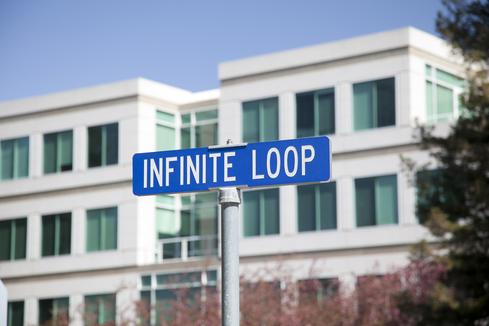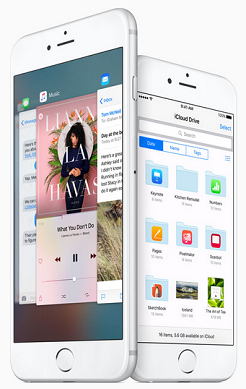Apple Blasts UK 'Snooping' Bill
In keeping with Tim Cook's professed desire to keep customer information private, Apple objected to a new UK bill that would expand the government's ability to snoop into citizens' messages and Internet use.


8 iPhone Security Apps To Keep Your Data Safe
8 iPhone Security Apps To Keep Your Data Safe (Click image for larger view and slideshow.)
Apple is injecting its views on privacy and encryption into a UK debate over new government powers to keep additional tabs on its citizens, according to a report in the International Business Times.
The debate centers on changes to the UK government's Investigatory Powers Bill (that has been popularly called the "snooper's charter"), which Apple said would weaken the security of "personal data of millions of law-abiding citizens."
Apple, reflecting the views of CEO Tim Cook who has made privacy protection a cornerstone of the company's reputation, made its views on the new law clear in a statement to the UK government:
We believe it would be wrong to weaken security for hundreds of millions of law-abiding customers so that it will also be weaker for the very few who pose a threat. In this rapidly evolving cyber-threat environment, companies should remain free to implement strong encryption to protect customers.
In addition, Apple sees this change in UK law as affecting the company's customers in other countries as well:
It would also likely be the catalyst for other countries to enact similar laws, paralyzing multinational corporations under the weight of what could be dozens or hundreds of contradictory country-specific laws. When these laws inevitably conflict, the businesses will be left having to arbitrate between them, knowing that in doing so they might risk sanctions. That is an unreasonable position to be placed in.
The bill was first presented in the House of Commons in November of this year, and it remains in the committee stage as of this time. Apple presented an eight-page written submission to the committee ahead of the Dec. 21 deadline for comments. The committee will publish its findings in February.
In addition to Apple, US tech giants Google, Facebook, Twitter, Yahoo, and Microsoft all submitted comments on the bill. Yet the iPhone maker's letter stood out, especially in light of Cook's recent comments on the subjects of encryption and privacy.
The bill would give British intelligence agencies access to the records of every British citizens' Internet use without the need for judicial authorization. Gaining access to the specific content of any communication made would, however, require the authority of the home secretary and a newly established panel of judicial commissioners.
In many ways, the scope of the UK bill resembles the Cybersecurity Information Sharing Act (CISA) in the US, which despite objection for privacy advocates and high-tech firms, was recently slipped into the omnibus spending bill at the last minute and passed by the US Congress without debate.
[Read more about Tim Cook and the fight for privacy.]
Apple's stated position is similar to the one that it has taken in the US over encryption, namely that customers, not companies, should be responsible for their information.
On the Apple Privacy page Cook writes: "I want to be absolutely clear that we have never worked with any government agency from any country to create a backdoor in any of our products or services. We have also never allowed access to our servers. And we never will."
If passed by the UK government, the bill might test that promise, if not invalidate it.
**Elite 100 2016: DEADLINE EXTENDED TO JAN. 15, 2016** There's still time to be a part of the prestigious InformationWeek Elite 100! Submit your company's application by Jan. 15, 2016. You'll find instructions and a submission form here: InformationWeek's Elite 100 2016.
About the Author
You May Also Like






